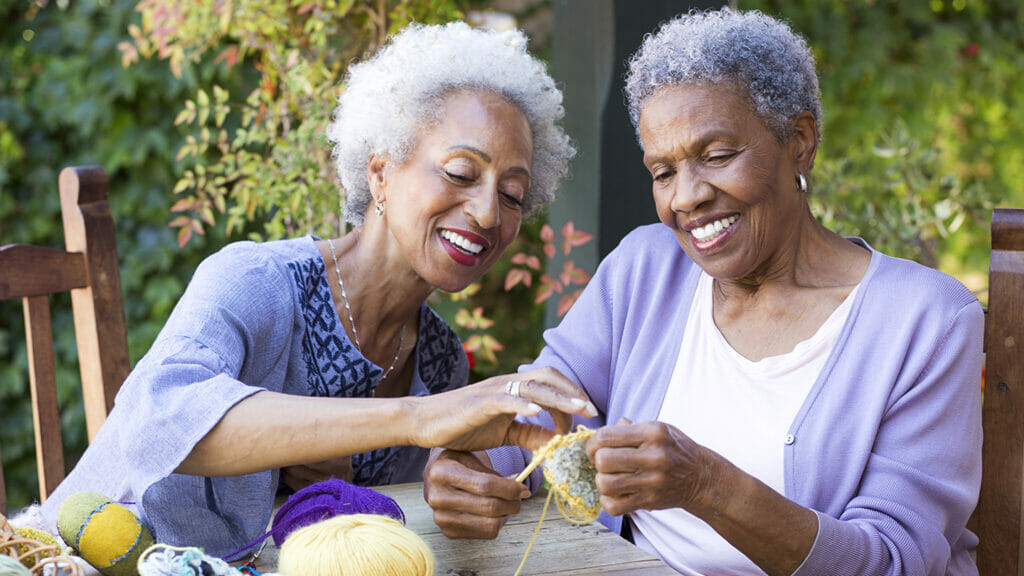
A trifecta of digital health solutions — smartphone apps, telehealth, and smart watches — are helping older women become more informed, and more empowered, about their unique healthcare needs, a new AARP report states.
Seniors may have a variety of conditions, including urinary incontinence, that they consider embarrassing, and thus they have difficulty being fully open about their conditions to a care team.
This could be especially true for senior women, the AARP report said, noting that 78% of women over the age of 50 “place importance on well-secured digital health solutions,” and that nearly one-third were concerned that using AI in healthcare would “impinge on privacy.”
Within senior living and long-term care communities, care staff could assist residents by allowing them to use digital technology as an intermediary to maintain healthy lifestyles without withholding concerns that could lead to a health emergency.
Although many, including some women themselves, often think of “women’s health” as encompassing only reproductive concerns, in reality, gendered health concerns include bone density, heart health and nutrition, the authors argue.
“Digital health solutions can help alleviate these issues by offering the convenience and control of monitoring one’s health in one’s own home, and at will through private, personalized education and solutions,” report authors wrote. “Digital health solutions that encourage private care could bring relief to those women suffering in silence.”
According to a separate survey by AARP, only 10% of senior women said they were using technology to manage a chronic health condition, but another 30% said they were interested in digital options that could assist them.
Because of the AI concerns, a proliferation of apps or devices aimed at senior women, or seniors of all genders, should come in tandem with increased privacy protections, the authors said.
The researchers seemed optimistic that a trickle-down effect may occur, where the more knowledgeable older women receive about their health needs, and the progression of conditions as one ages, the more they can promote prevention measures for younger generations.
Because appropriate fitness levels for seniors differ by gender, wearables marketed towards older adults should have specific settings for women, one research report recently stated.


